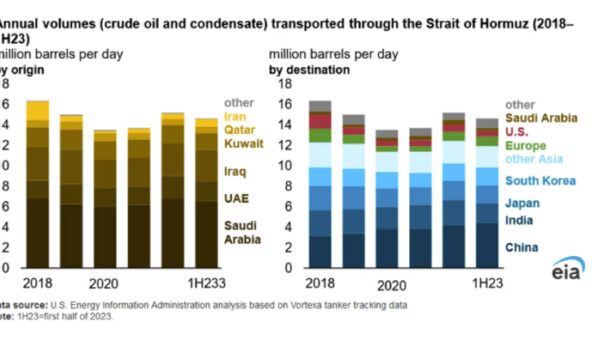The World Bank says Nigeria’s economy is expected to expand at a moderate rate of 1.8 percent this year and edging up to 2.1 percent in 2022.
The bank stated this in its June 2021 Global Economic Prospects, titled, “Global Recovery Strong but Uneven as Many Developing Countries Struggle with the Pandemic’s Lasting Effects”, released on Tuesday.
In January, the Bretton Wood institution had projected a 1.1 percent growth rate for the country in 2021 after the COVID-19-induced sharp recession in 2020. The economy’s gross domestic product (GDP) contracted by 1.92%.
The World Bank said the new projection for Nigeria is on the assumption that oil prices will continue to rise, a gradual implementation of structural reforms in the oil sector, and a market-based flexible exchange rate management.
“The expected pickup is also predicated on continued vaccinations in the second half of this year and a gradual relaxation of COVID-related restrictions that will allow activity to improve,” the report said.
“Nonetheless, output in Nigeria is not expected to return to its 2019 level until end-2022.”
Globally, World Bank forecasted a 5.6 percent in 2021 — fastest post-recession pace in 80 years — mainly on strong rebounds from a few major economies.
In Sub-Saharan Africa, economic activity is projected to rise by 2.8 percent in 2021 and 3.3 percent in 2022 as countries continue to struggle with the COVID-19 pandemic and its aftermath.
“While there are welcome signs of global recovery, the pandemic continues to inflict poverty and inequality on people in developing countries around the world,” David Malpass, World Bank Group president, said.
“Globally coordinated efforts are essential to accelerate vaccine distribution and debt relief, particularly for low-income countries. As the health crisis eases, policymakers will need to address the pandemic’s lasting effects and take steps to spur green, resilient, and inclusive growth while safeguarding macroeconomic stability.”



















































You must be logged in to post a comment Login